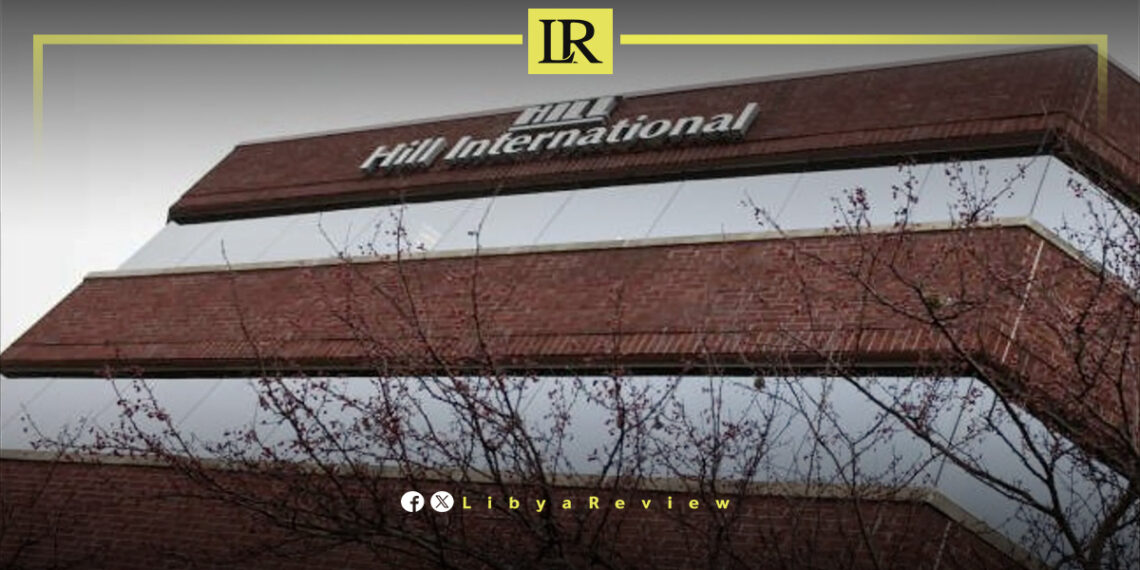US-based Hill International has announced the signing of a $235 million consultancy contract with Libya’s Mellitah Oil & Gas Company to manage the Structures A & E offshore energy project, which has an estimated total value of $8 billion.
The project aims to strengthen Libya’s energy security and boost its gas export capacity. It will involve the delivery of two offshore drilling platforms, as well as the development of the necessary infrastructure to transport natural gas to the Mellitah Complex — located about 100 kilometers west of Tripoli — for processing and distribution. Production is expected to commence in 2026.
New Carbon Capture and Storage Facility
The plan also includes the construction of a new carbon capture and storage (CCS) facility with a production capacity of up to 750 million cubic feet per day. This step is designed to meet domestic energy demand while increasing Libya’s gas exports to Europe, thereby reinforcing the country’s role in regional energy security, enhancing market competition, and helping reduce prices for consumers.
Industry analysts say the project could mark a significant milestone for Libya’s energy sector, not only by expanding production capacity but also by incorporating advanced environmental technologies that align with global energy transition goals.
Libya has been in chaos since a NATO-backed uprising toppled longtime leader Muammar Gaddafi in 2011. The county has for years been split between rival administrations.
Libya’s economy, heavily reliant on oil, has suffered due to the ongoing conflict. The instability has led to fluctuations in oil production and prices, impacting the global oil market and Libya’s economy.
The conflict has led to a significant humanitarian crisis in Libya, with thousands of people killed, and many more displaced. Migrants and refugees using Libya as a transit point to Europe have also faced dire conditions.
The planned elections for December 2021 were delayed due to disagreements over election laws and the eligibility of certain candidates. This delay has raised concerns about the feasibility of a peaceful political transition.
Despite the ceasefire, security remains a significant concern with sporadic fighting and the presence of mercenaries and foreign fighters. The unification of the military and the removal of foreign forces are crucial challenges.


